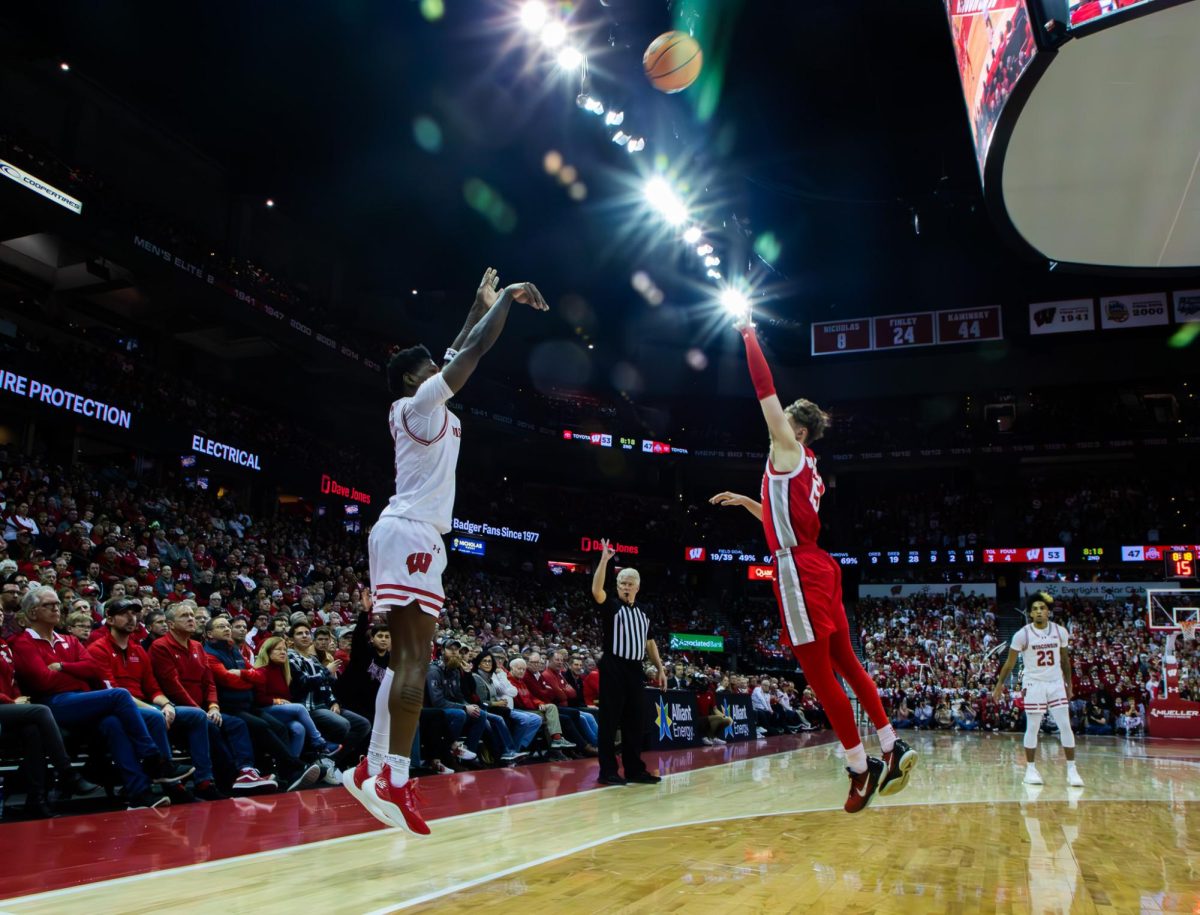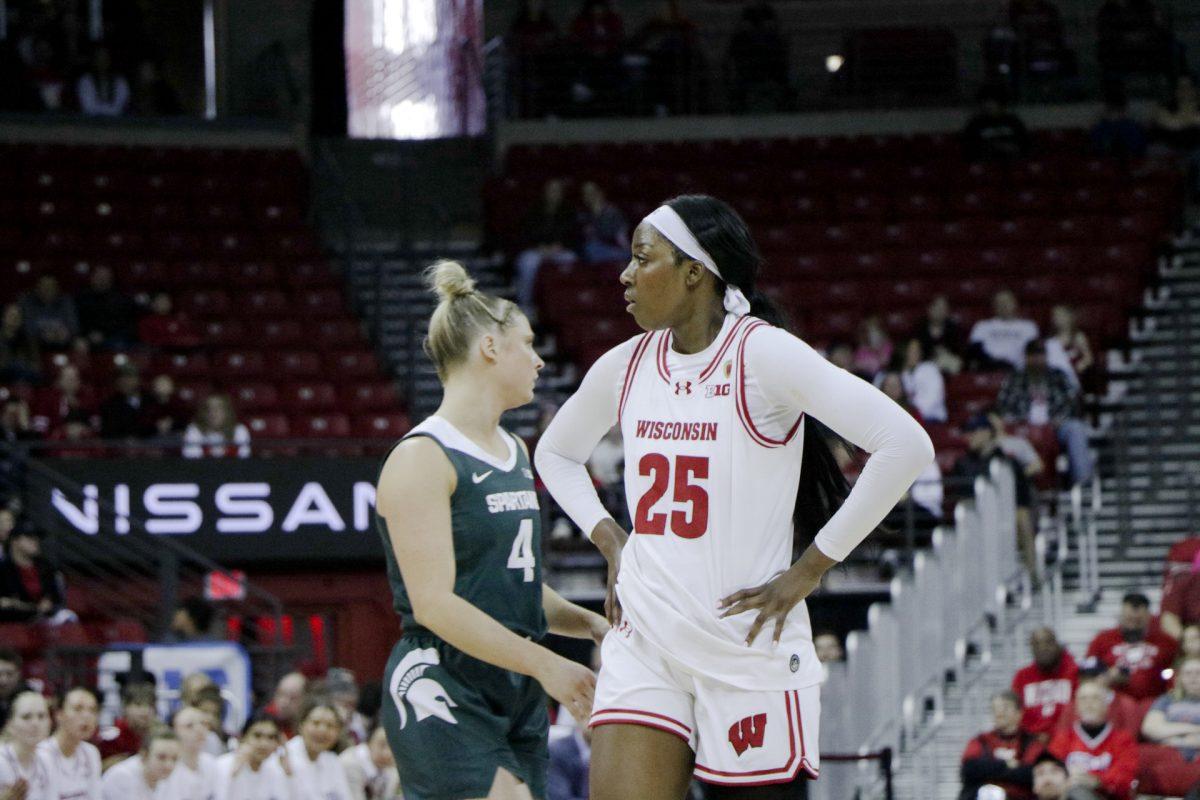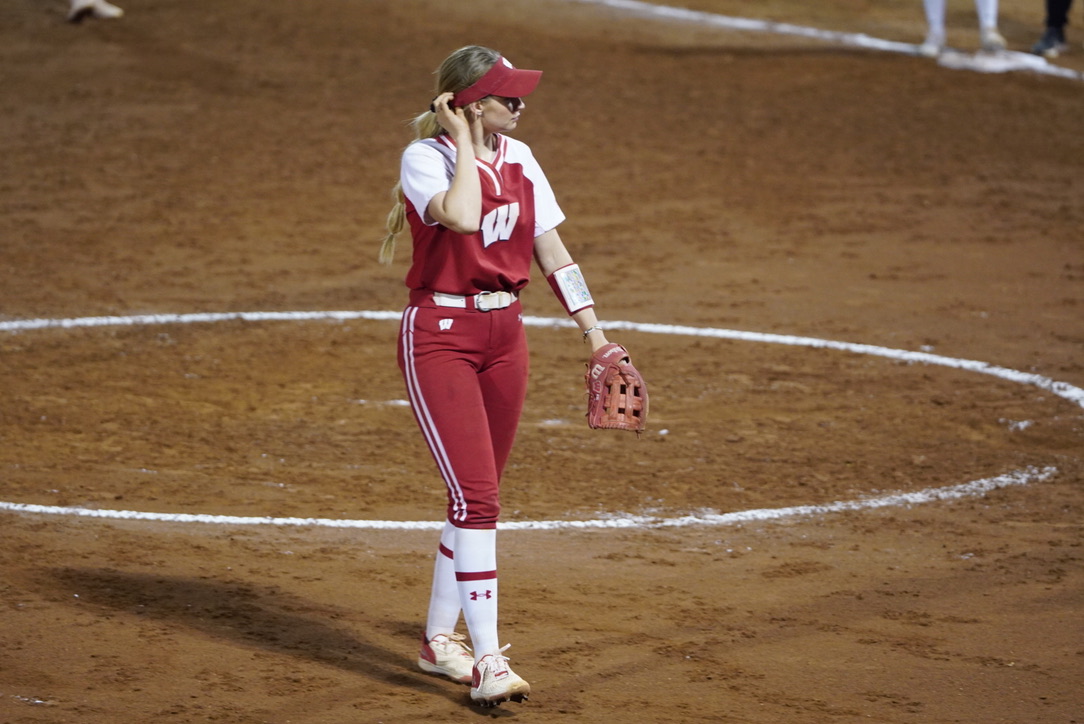The comments rang out a week ago, and I still can’t quite get them out of my head.
On Jan. 23, Wisconsin men’s basketball coach Bo Ryan sat down for his weekly press conference and fielded a question about the NCAA transfer rule for graduate student-athletes.
The reporter sought Ryan’s opinion on the rule given that Wisconsin’s football team had just benefited from it (with the arrival of Russell Wilson) and that the Michigan State and Illinois men’s basketball teams both utilized it this year as well.
The rule states that any student-athlete who earns an undergraduate degree and still has eligibility remaining can transfer to a different school and skip a year of sitting on the sidelines – which is required during all other transfer situations.
As long as both schools agree to the transfer, it’s a done deal.
Given that Wisconsin recently played in the Rose Bowl, Ryan’s answer may leave Badger fans a little taken aback at first. His words:
“I don’t think it’s a good idea at all, have never liked the idea of people leaving a program after four years of development at that institution; with teammates, with the school and to all the sudden change and be eligible to play right away,” Ryan, who is also a member of the National Association of Basketball Coaches’ board of directors, said.
“And then all of the sudden, what’s going to happen here is there’s going to be more of this going on. There’s going to be guys, through outside third parties, trying to find out, for example, if a guy was playing on a team and a bunch of seniors graduated.
“But it’s creating free agency, and it’s creating conversations behind the backs of the institutions and the coaches and his teammates. So, no, it’s a terrible rule. It’s one of the worst rules I’ve ever seen.”
Ryan isn’t the only person that dissents on the rule, with worries surrounding a free agency atmosphere, third party interference (recruiters) and friction among teammates being the common threads.
Northwestern head coach Bill Carmody also recently said he doesn’t “see anything good about it” but also said he wouldn’t have a problem exercising the right to use the rule since it’s there.
And now, after Wilson enjoyed the kind of year he had, some think the rule will be used more often and by higher profile players.
From the perspective of Ryan and any other head coach of Division I athletics, I can understand where they’re coming from.
Ryan asked reporters at the press conference to imagine what would happen if Jordan Taylor had ditched Wisconsin for another program last offseason, and surely for many Badger fans it would be an experience tantamount to vertigo.
As a result of the rule, what many coaches might indeed worry more about is how to keep their best players on the team rather than go looking for the next Russell Wilson.
But one of the obvious benefits of the rule is that it encourages players to work hard in school and, you know, do that thing that students should do: graduate.
That’s a sore spot for the NCAA – but only when the topic is men’s basketball and football. The NCAA announced in October the entering class of 2004 in men’s basketball had a graduation success rate of just 68 percent, while football scored 69 percent.
The culture of college basketball and football has shaped into a full-on business, and there are examples of universities setting aside educational priorities for monetary ones instead.
One example, brought to you by the Springfield News-Sun, gives you the details of recently hired Ohio State head coach Urban Meyer’s new contract.
Every year, Meyer stands to win $700,000 in bonuses. $550,000 are set aside for on-field accomplishments such as winning a conference title, going to a BCS bowl game and the like. That leaves $150,000 left over for academic and graduation achievements.
As Gregg Easterbrook of ESPN.com quips, “This suggests that football is 3.7 times more important than education at Ohio State.”
Men’s basketball and football players are involved in a lucrative opportunity to make millions of dollars after school without an education – although more of them do not see this come to light.
So if universities – and institutions like the NCAA – truly care about their student-athletes beyond the revenue they bring in, they’ll offer men’s basketball and football players incentives to earn a diploma.
As for the concerns of the coaches, only time will tell until we know whether Wilson was the tipping point for this rule or not.
For what it’s worth, I find it difficult to imagine recruiters from other schools being effective in securing graduate transfers. There’s too many possibilities involved. What happens if the player took too few credits as a freshman to graduate before his eligibility dries up? Would both schools approve of the deal? What if he fails a class down the road?
Sounds like an inefficient enterprise to me. It would be nothing like recruiting out of high school or out of junior college; there’s too many things that could rule out a player from transferring to a specific school. But time will tell on that one too, I suppose.
And for all Ryan offered on this rule, saying it “creat[es] conversations behind the backs of the institutions and the coaches and his teammates,” players already have the right to talk about normal transfers anyway. The graduate student-athlete transfer rule wouldn’t be introducing teams to rumors of a teammate leaving town.
Any student-athlete that works hard at school should be granted a reward in the form of a last-chance opportunity to salvage what may have gone astray in their athletic career.
It might put a little dent in the game of college basketball and football, but really, the NCAA is an institution of higher education and needs to act like it – if only somewhat.
Elliot is a senior majoring in journalism. What do you think about the transfer rule? Email your thoughts to [email protected].



















